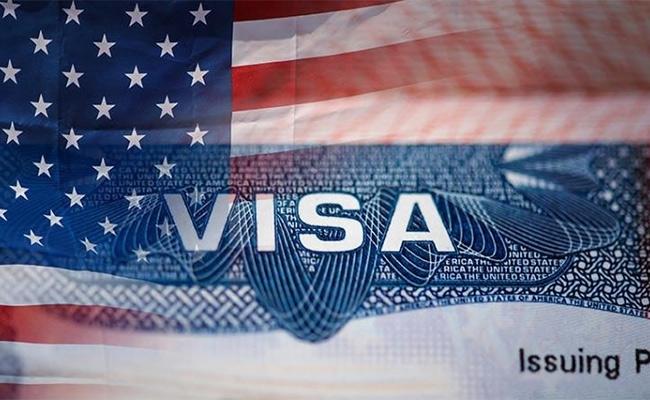
The H-1B visa program has long been a pivotal aspect of immigration in the United States, particularly for skilled professionals and international students.
The Biden administration recently unveiled a set of changes to the H-1B program, aimed at improving its integrity and flexibility while addressing the evolving needs of the American workforce.
No More Multiple Entries
One of the most significant changes involves the elimination of multiple entries by employers on behalf of the same employee. In 2023, over half of the approximately 800,000 H-1B registrations were multiple entries, artificially inflating the chances of some applicants. To combat this, an employee can only be registered once, and employers will now be required to submit passport information for each employee. This allows the United States Citizenship and Immigration Services (USCIS) to ensure a fair and equitable selection process. Attempts to bypass this rule will lead to denials or revocations.
No Need For "Employer-Employee" Relationship
The previous requirement for an "employer-employee" relationship, imposed in 2010, has been a significant hurdle for founders looking to secure H-1B visas through their own companies. The new rule eliminates this requirement, making it easier for entrepreneurs to utilize the H-1B program to build and grow their businesses, even if they own more than 50% of the company.
Job Offer Can Be Remote
In a nod to the post-pandemic world, the Department of Homeland Security (DHS) acknowledges that a bona fide job offer can now include telework, remote work, or other off-site work within the United States. This change aligns with the widespread adoption of remote work arrangements.
Automatic "Cap-Gap" Extension
A substantial victory for international students is the extension of the "cap-gap" provision. Under the previous system, F-1 Optional Practical Training (OPT) could only be extended until October 1st. However, with the proposed rule, students can extend it until April 1st of the following year or until they receive their H-1B visa, whichever comes first.
Increased Site Visits
To combat fraud, particularly in the IT consulting sector, USCIS will conduct more and stricter site visits. Inspectors may visit unannounced, interview officials, review records, and speak with employees. These measures aim to ensure that employers comply with the H-1B program requirements.
Stricter Definition Of "Specialty Occupation"
Another notable change is the stricter definition of a "specialty occupation." Under the new rule, there must be a direct relationship between the required degree field and the position's duties. This change could potentially lead to more Requests for Evidence (RFEs) and denials for deserving candidates.
Public Comment Period
The proposed changes to the H-1B program have not been set in stone. The Department of Homeland Security has initiated a "public comment period" that runs until December 22nd, 2023, allowing individuals to provide feedback and input. This presents an opportunity for immigrants, employers, and other stakeholders to shape the final regulations.
The move represents a significant step in modernizing and adapting the system to the needs of today's workforce. While some changes may face criticism, they also address long-standing issues and provide opportunities for entrepreneurs, students, and skilled professionals. It's important to note that these proposed changes are not final.
The rule is currently open for public comment until December 22, 2023. After this period, the Department of Homeland Security will review the feedback and aim to publish a final rule, expected in 2024. This is a pivotal moment for anyone interested in the H-1B program to make their voices heard and contribute to the reform efforts.













